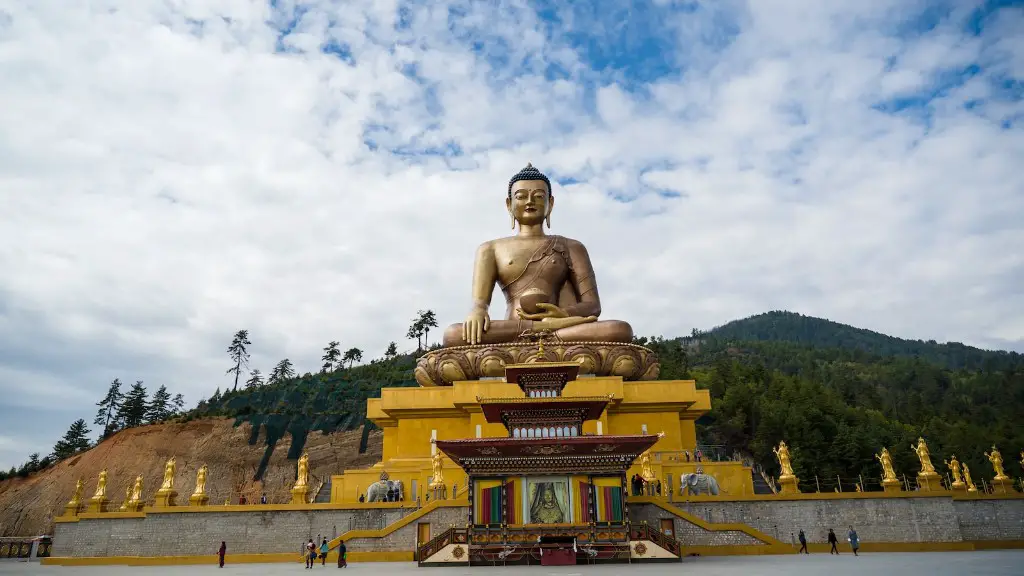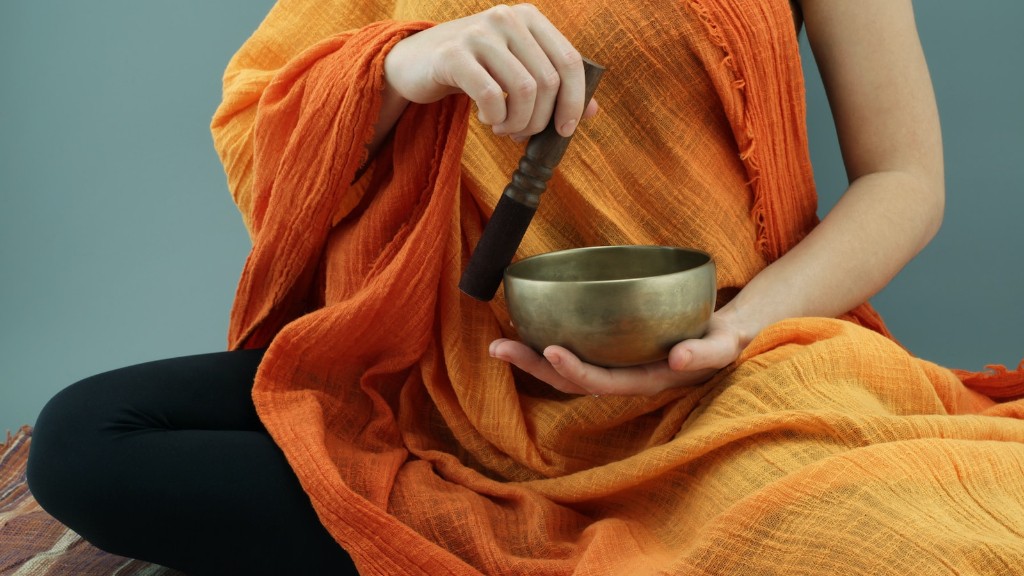Buddhism is a religion and philosophy founded in India by Siddhartha Gautama, who is commonly known as the Buddha. Buddhism teaches that all life is suffering and that the only way to end this suffering is to achieve nirvana, or enlightenment. There are many different schools of Buddhism, each with its own beliefs and practices. take this quiz to see if Buddhism is the right path for you.
Quiz:
1. Do you believe in reincarnation?
2. Do you seek to live a life of compassion and love?
3. Do you seek to live a life of service to others?
4. Do you seek to live a life of simplicity and contentment?
5. Do you seek to live a life of detachment from material possessions?
6. Are you interested in learning about meditation and mindfulness?
7. Are you interested in exploring your spiritual nature?
8. Are you open to the idea of living an ethical life?
9. Are you interested in exploring the teachings of the Buddha?
10. Do you seek to live a life of peace and harmony?
How do I choose a type of Buddhism?
The path you choose should be the one that feels right for you. There are many different traditions within Buddhism, and each has its own unique flavor. Try out a few different ones to see which resonates best with you. And remember, the most important thing is to practice regularly and with an open heart.
The main idea behind this statement is that everything is interconnected. There is no such thing as an isolated self – everything is connected and interdependent. The self is an illusion because it is not possible to separate it from its surroundings. Everything is connected and interdependent, and the self is just a part of that.
What things are forbidden in Buddhism
The five moral precepts are the foundation of Buddhist ethics and are observed by all Buddhists. They are:
1. refrain from taking life
2. refrain from taking what is not given
3. refrain from sexual misconduct
4. refrain from lying
5. refrain from taking drugs or alcohol
The three physical evils of killing, stealing, and sexual misconduct are the three most serious offenses that a person can commit. They are the three offenses that are most likely to lead to violence, and they are the three offenses that are most likely to victimize innocent people.
The four verbal evils of lying, flattery or indiscriminate and irresponsible speech, defamation, and duplicity are the four most serious offenses that a person can commit with their words. They are the four offenses that are most likely to lead to conflict, and they are the four offenses that are most likely to cause harm to others.
The three mental evils of greed, anger, and foolishness or the holding of mistaken views are the three most serious offenses that a person can commit with their thoughts. They are the three offenses that are most likely to lead to problems in life, and they are the three offenses that are most likely to cause harm to oneself.
Can anyone be a Buddhist?
Anyone can be a Buddhist. You don’t have to be born into Buddhism, nor do your parents have to be Buddhists. You can be of any race, country, socio-economic background, gender, etc. People wishing to identify themselves as Buddhists typically participate in a ceremony known as taking refuge in the Triple Gem.
Buddhism teaches that alcohol and other drugs can cause carelessness and should be avoided. Strong Buddhist beliefs would be expected to have a significant impact on alcohol use.
What do Buddhists think of the body?
Buddhism does not regard the body and mind as two entirely separate entities. Instead, Buddhism sees the body and mind as interdependent, with the mind affecting the body and vice versa. This is in contrast with many Indian religious traditions, which do see the body and mind as two separate entities.
Buddhism is a religion that teaches that people are reborn after death, and that their actions in this life determine their fate in the next. The main principles of this belief system are karma, rebirth, and impermanence.
What is the no self theory in Buddhism
Buddhists believe that the non-self state projects an unconditional, limitless loving kindness and compassion. Buddhists have long believed that this state conquers death anxiety and achieves an authentic and durable happiness.
Ānantarya Karma, or Ānantarika Kamma, are the most serious offences in Buddhism. They are so serious that, at death, the karmic force of any one of them is enough to bring immediate disaster. Both Buddhists and non-Buddhists must avoid them at all costs.
Are tattoos forbidden in Buddhism?
Buddhists believe that the body is impermanent and that tattoos are also impermanent. Because they are viewed as temporary, getting tattoos doesn’t violate any Buddhist doctrines or beliefs.
The first precept of Buddhism is to refrain from killing. This includes both humans and animals. Scholars have interpreted Buddhist texts about the precepts to be an opposition to and prohibition of capital punishment, suicide, abortion, and euthanasia.
What are the 8 hells in Buddhism
There are various levels of hell in Buddhist cosmology, each more terrible than the last. The Hahava hell is the lowest level, where the sinners are afflicted with the least amount of pain. The Atata hell is much worse, where the sinners are afflicted with intense heat and burning flames. The Alala hell is even worse, where the sinners are afflicted with continual loud noises and no rest. The Ababa hell is the worst of all, where the sinners are afflicted with the most extreme pain and suffering.
There are five ethical teachings that guide how Buddhists live. One of the teachings prohibits taking the life of any person or animal. Many Buddhists interpret this to mean that you should not consume animals, as doing so would require killing. Buddhists with this interpretation usually follow a lacto-vegetarian diet.
Do Buddhists believe in marriage?
Buddhism does not view marriage as a religious obligation, a means for procreation, or a romantic notion of love. Instead, it is simply an option for each individual to make. If an individual believes marriage will bring them happiness and keep them on the path of enlightenment, then they are free to make that choice.
There are some high level Buddhists who have drawn analogies between Jesus and Buddhism. For example, in 2001 the Dalai Lama stated that “Jesus Christ also lived previous lives”, and added that “So, you see, he reached a high state, either as a Bodhisattva, or an enlightened person, through Buddhist practice or something like that”. Thich
Final Words
Buddhism is a religion andphilosophy based on the teachings of Siddhartha Gautama, who is commonly known as the Buddha. According to Buddhist tradition, Siddhartha Gautama was born in Lumbini, Nepal, around the year 563 BCE.He is said to have lived and taught in the northeastern Indian subcontinent, between the kingdoms of Magadha and Kosala, around the middle of the Axial Age. Buddha’s wife is said to have been Yasodharā.Buddhists recognize him as the Supreme Buddha of our age.
Whether or not buddhism is for you can only be answered by you. By taking this quiz, you have started to become more aware of what buddhism has to offer and how it could potentially benefit your life. If you found that you agreed with most of the statements in this quiz, then it is likely that buddhism could be a good fit for you. There are many resources available to help you learn more about buddhism and how to practice it in your everyday life. We encourage you to explore these resources and continue to ask yourself whether or not buddhism is right for you.




